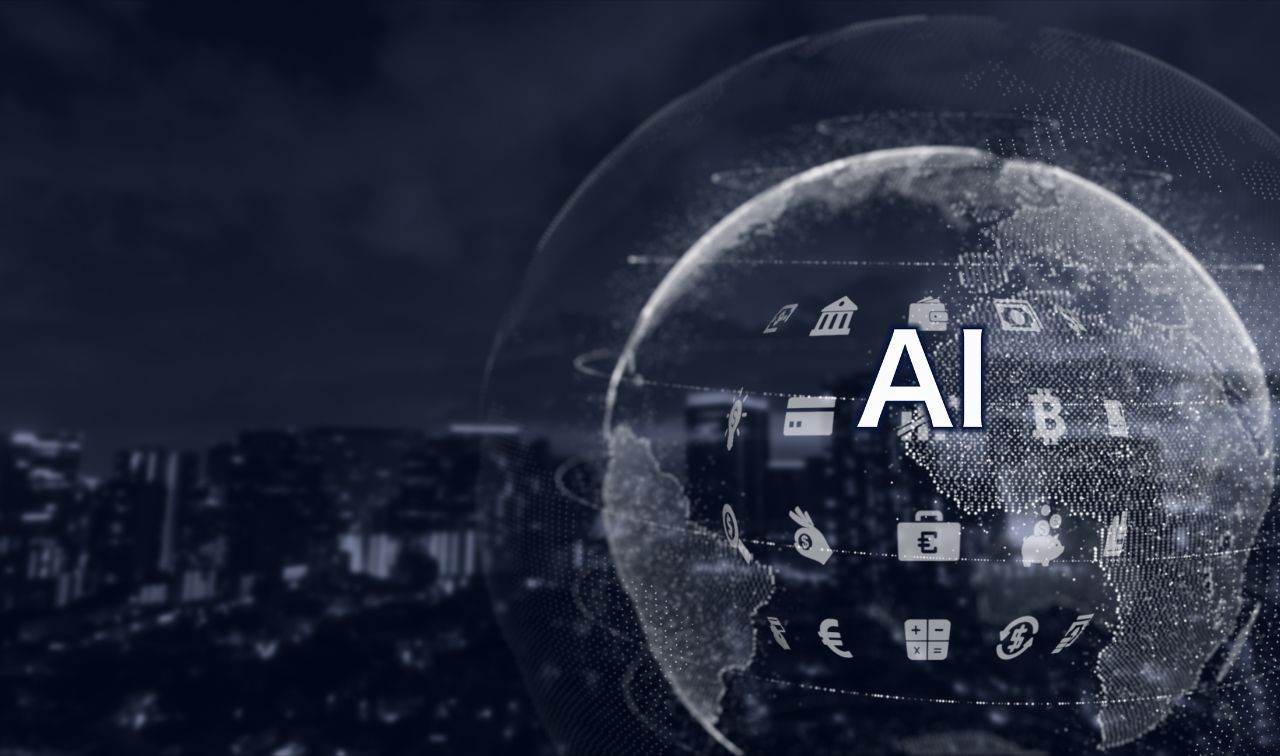Artificial Intelligence (AI) is rapidly revolutionising our world, at a speed that perhaps no one would have expected, decisively influencing every aspect of our daily lives.
There are already numerous fields of application for this fascinating technology, and it is, among other things, a field in continuous and rapid evolution. AI has already been used for some time, for example, for facial recognition, but it is slowly finding its way into key sectors such as healthcare, education, industry, transportation and much more.
Create in seconds:
- Blog articles and social media posts
- High-quality professional images and graphics
- Personalized translations and product descriptions
All tailored for you—original and fast.
What was once seen by many as purely within the domain of science fiction films (like Steven Spielberg’s famous 2001 film starring Haley Joel Osment), AI now represents a very valuable resource, for ordinary people as well as for companies.
Let’s take a look in more detail at how Artificial Intelligence is revolutionising the world we live in.
What is Artificial Intelligence?
Before finding out what the effects of AI have been on humanity, let’s take a step back and explain what exactly we are talking about when we refer to Artificial Intelligence.
AI is a particular branch of computer science that focuses on the development of systems and machines capable of performing tasks that, in other contexts, would require human involvement. These systems are designed to mimic some human cognitive functions, such as reasoning, learning, problem solving, pattern recognition and sensory perception.
It is a fascinating and complex tool, the operation of which is based on the principles of machine learning, deep learning and neural networks.
Although many may not realise it yet, the applications of AI are already a reality that we benefit from in various sectors.
The Artificial Intelligence Revolution
The changes brought about by AI are seen mostly, but not only, in the business sector. Artificial Intelligence has in fact made it possible to interact more effectively and immediately with customers through intelligent chatbots capable of providing support 24 hours a day, 7 days a week, answering user questions quickly and efficiently. AI Chat, for example, does a really good job of this. Additionally, AI-based recommendation systems can analyse data about users and past purchases to suggest personalised products and services, improving the overall customer experience and increasing sales. In essence, AI can prove to be a very valuable tool for marketers.
In the industrial sector, AI improves efficiency and productivity. Intelligent robots and AI-powered automation systems can perform repetitive and dangerous tasks extremely precisely and reliably, reducing the risk of workplace accidents and allowing humans to focus on more creative, high-value-added tasks. Furthermore, AI-based predictive analytics can optimise manufacturing processes, reducing costs and improving product quality.
The truth is that the application of AI is everywhere in everyday life: from the voice assistants that we use every day, to some of the technologies that doctors have started to use to diagnose and treat us better and faster, are all based on AI.
Conclusions
To conclude, AI is more important today than ever, making tasks that we previously had to carry out ourselves, and which wasted an enormous amount of our time, more efficient, meaning that we can now spend our time on more interesting, useful and creative activities. Would you like to know more? Click here to activate your free trial now on Contents.com, and discover everything you can do for your business thanks to AI.
